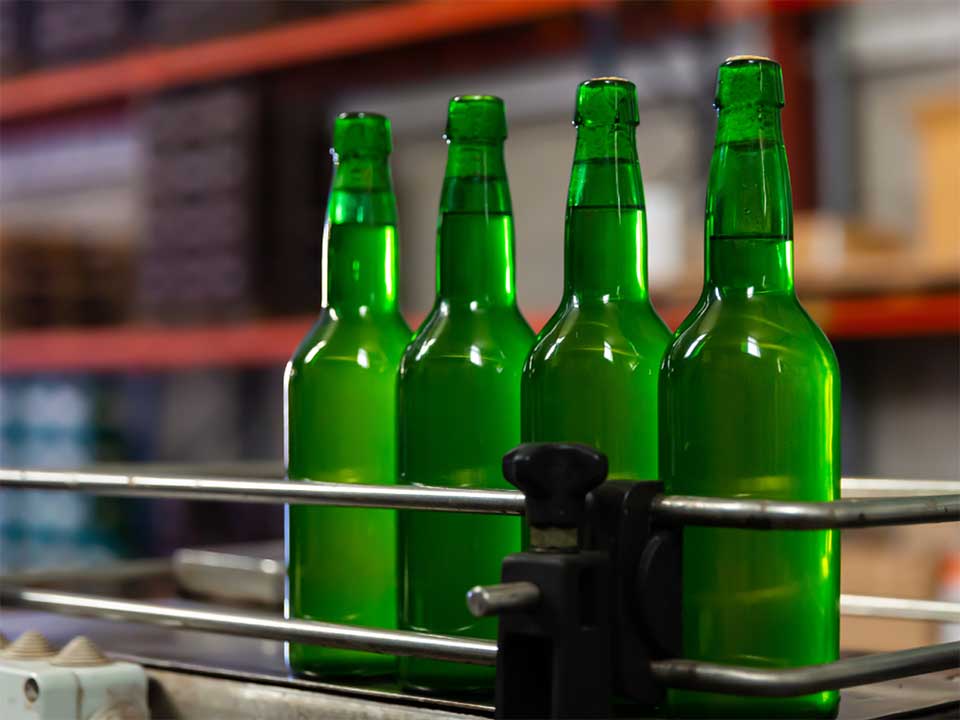
Sustainability in food and beverage manufacturing
Over the last ten years, sustainability has become an executive-level priority across the Food & Beverage Industry. The industry as a whole is now starting to realize that acknowledging and acting on sustainable business practices should not only be seen as an objective but as an obligation as well. Due to this perception and being in the spotlight of it all, food & beverage manufacturers are now coming up with several ways to quickly minimize their carbon footprint and run a more sustainable business. These methods are stretching across all business units, from their operational practices to their means of transportation.
Many food & beverage producers are now turning to the use of 100% recycled plastic (rPET) bottles/packaging. This sustainable method of manufacturing will permanently slow down the production of any new plastics that can harm the environment in any way. One company that has adopted this practice estimates that they will transition 11 million bottles annually from single-use plastics to 100% rPET. The packaging of products can then also become even more sustainable through a process known as “Lightweighting” which we touched on in another article. Imagine the progress that could be made if everyone in the industry switched to these methods.
Other companies are turning to renewable energy to run their production plants. For some companies, this means investing money into installing solar farms that their plants can directly draw electricity from. Most of these production plants within the industry are quite large and use immense amounts of electricity. The switch over to renewable energy in these massive production plants can yield huge improvements in sustainable production by reducing the large amounts of greenhouse gasses emitted from using regular electricity as well as eliminating most of the need for fossil fuels.
Another popular practice being seen more often now is the use of electric vehicles (EVs) for a means of transportation. This could mean anything from the use of EV trucks to carry products to distributors, to the use of all-electric forklifts within everyday production operations instead of using propane-powered forklifts. This transition will again greatly reduce fossil fuel emissions that are harmful to the environment, making the transportation side of the food & beverage industry a much more sustainable cog in the machine.
From what they are using in their packaging, to how they get their energy, to what they use to transport their goods, the food & beverage industry is starting to implement some value-driven & cost-effective sustainable practices within their business. It is amazing to see this trend grow and we hope to see even more growth in sustainable manufacturing in the future. That being said, SmartSkin is dedicated to working with our customers on their journey to a much more sustainable future. Our team can give you the confidence in switching over to sustainable practices by ensuring that your lines are still running at optimal health when making any changes. Wherever our customers want to improve, whether it be in their everyday operational methods or in their transportation of goods; we can bring peace of mind while we work together for a more sustainable world.

